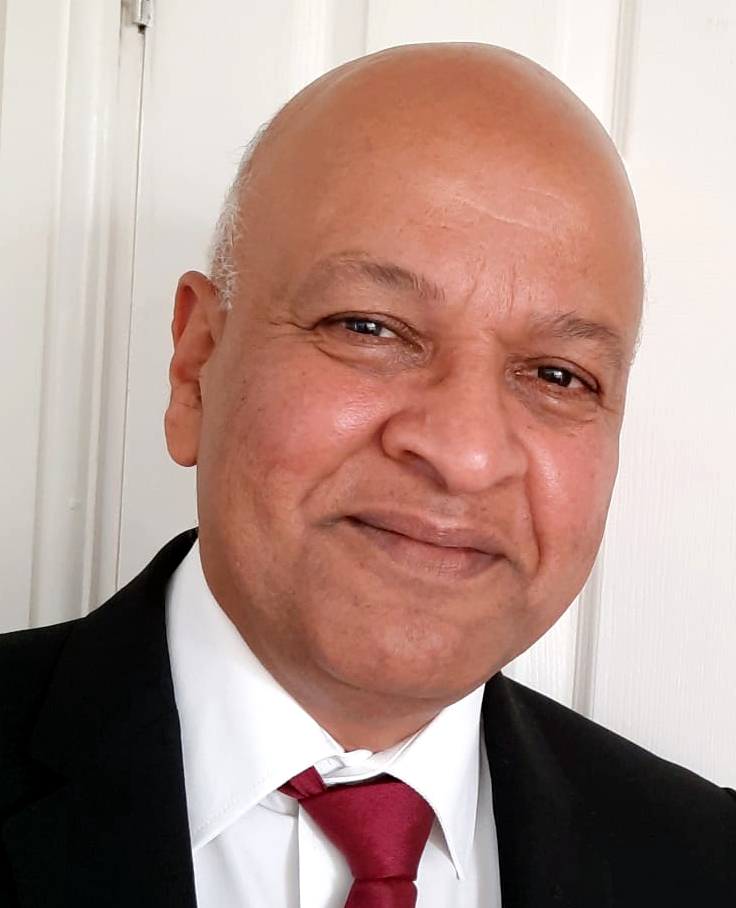GLOBAL GOENKARS SPEAK
 The writer is a social commentator in the UK, who takes a keen interest in affairs and socio-economic matters in the UK and Goa
The writer is a social commentator in the UK, who takes a keen interest in affairs and socio-economic matters in the UK and Goa
You may recollect reading an article ‘Fading dreams abroad drive Goans back home’ in The Goan (July 10), on the return of Goans back to their homeland from Europe, Gulf, US, etc. The newspaper report summarised a recent study undertaken by the Goa Business School of Goa University and Fr Agnel College of Arts and Commerce, Pilar.
Authored by Roy Gomes and Sarath Chandran, the study was an outstanding piece of work that covered the history of Goans migration, the previous studies on ‘Return Migrants’ conducted by global bodies and institutions, and the theoretical perspectives by eminent scholars explaining the return of the immigrants’ phenomenon to their home countries.
The analysis used primary data of 400 return migrants spread across Goa, which might have just been a percentage of the true number that have already returned.
On reading a report of the study from the internet, I realised the mammoth effort put in by both authors in delivering a brilliant and well-crafted document. My sincere congratulations to both of them.
The Return Migrants
For the purpose of their study, the authors defined ‘Return Migrants’ as ‘those who migrated to another country in search of better prospects and who were engaged in some productive activity in the new country for at least a minimum of five years and returned to their home country to settle permanently.’
I was keen to understand just who these ‘return migrants’ were. Where did they return from? What skills (not qualifications) did they have before they left Goa? I was also hoping to understand what their initial expectations were, if any, and why they were disappointed in the new host country?
Just as importantly, I was also curious about what was it that they brought back to Goa that Goans in Goa do not already have or are not capable of doing. Did they come back with new business and social ideas? These aspects, unfortunately, were not within the scope of the study, and I am left to drawing my own conclusion.
What the report did cite were the reasons behind their return, amongst which included 'to start a business’, 'friends’ network’, ‘harassment from the boss’, ‘tired of work’, ‘stress at work’, ‘discrimination at the workplace’, ‘more working hours’, ‘poor living conditions’, ‘health issues’, etc. Plenty of reasons to allow me to make some assumptions; the possibility that some of the return migrants spent some time in Europe, and specifically, the UK.
Goans moving to UK
Broadly speaking, most of our Goans that have come here to the UK would have done so from Africa (mainly East Africa) using British passports, from Goa using Portuguese passports, or on some form of educational/skills related programmes.
The pioneering Goans who came to the UK from the 50s through to the 70s faced many challenges before they could call this place ‘home’. Compared to the claims of hardships at work suffered over the last decade by the return migrants, those pioneering Goans had to also put up with discrimination and racism at work – but without any legal protection. This was despite the fact that many of them were better qualified than some of their counterpart from amongst the indigenous population.
The UK now has far more stringent work rules and regulations than it did 50 years ago – there, therefore, should not be any reason for one to experience any ‘discrimination at the workplace’, or ‘low pay’ or ‘more working hours’ above and beyond the stipulated hours in the contract. Workers are open to exploitation when they choose to work on zero hours contracts (non-permanent) and cash in hand jobs.
Next week in Part 2, I will analyse some of the factors in the UK that may be prompting many disenchanted Goans to return to Goa. [To be continued.]